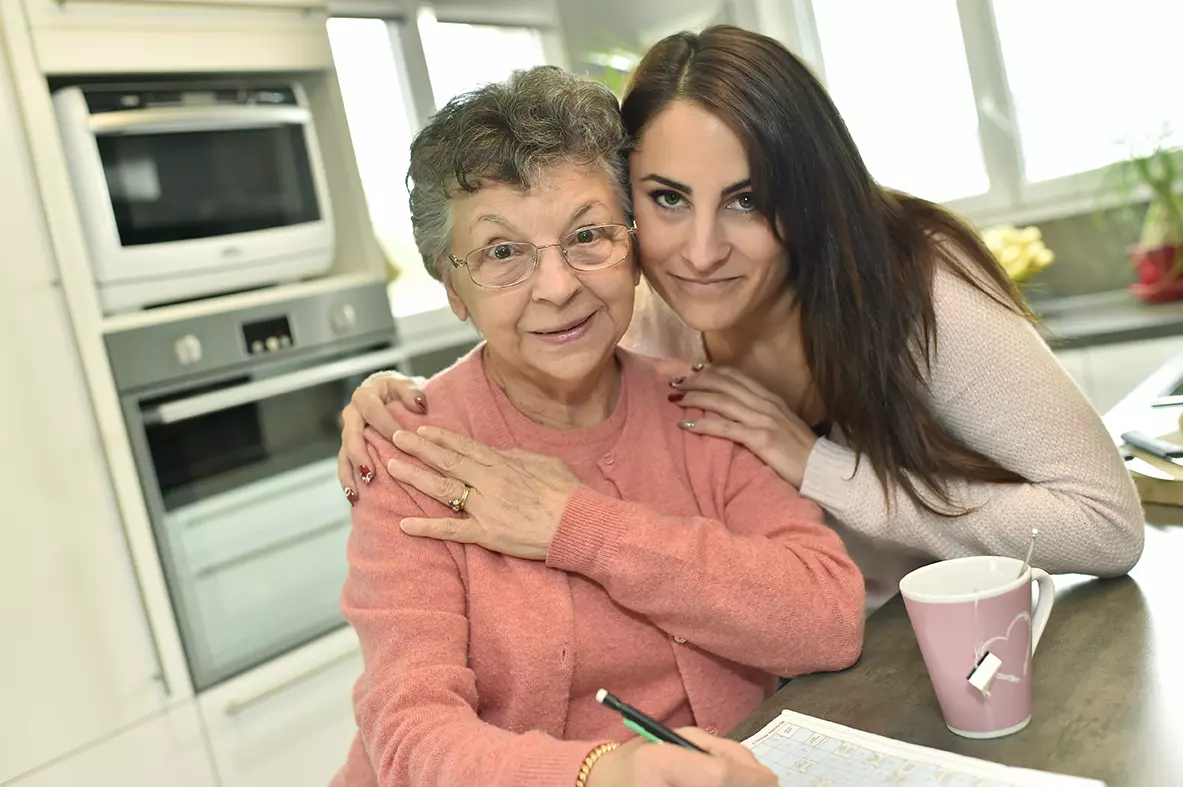
Dementia is a complex and progressive condition that significantly impacts various aspects of a person's life, including their ability to maintain autonomy. Autonomy refers to an individual's capacity to make independent decisions and choices about their daily life. As dementia progresses, it can present numerous challenges to a person's autonomy, affecting their decision-making abilities, daily routines, and overall quality of life. In this article, we will explore how dementia affects autonomy and offer strategies for supporting individuals with dementia in maintaining their independence to the greatest extent possible.
Understanding the progressive nature of dementia
Dementia, a complex neurological condition, encompasses various cognitive impairments, including memory loss, communication difficulties, and changes in judgment and reasoning. With its progression, these cognitive functions deteriorate, significantly impacting individuals' ability to make informed decisions and maintain independence.
Challenges of dementia progression
Find YOUR ideal care home NOW!
Dementia presents challenges in decision-making, leading to safety concerns such as neglecting personal hygiene or forgetting essential tasks like turning off appliances. Moreover, established routines are disrupted, making daily activities like dressing and meal preparation increasingly difficult.
Strategies to preserve autonomy
Despite the challenges posed by dementia, there are effective strategies caregivers and healthcare professionals can employ to support individuals and enhance their quality of life:
1. Simplify decision-making: Offer clear and limited choices to reduce cognitive burden.
2. Ensure safety: Implement safety measures like securing appliances and maintaining clutter-free living spaces.
3. Establish routine: Consistent daily routines can alleviate anxiety and provide a sense of control.
4. Encourage engagement: Support participation in enjoyable and safe activities.
5. Facilitate communication: Maintain compassionate communication using simple and clear language.
6. Legal and financial planning: Address legal and financial matters early to ensure the individual's wishes are respected.
Strategies for Supporting Autonomy in Dementia Patients
| Strategy | How It Helps | Implementation Tips |
|---|---|---|
| Simplify Decision-Making | Reduces stress and confusion | Offer two simple choices instead of open-ended questions |
| Ensure Safety | Prevents accidents and injuries | Install grab bars, secure appliances, remove tripping hazards |
| Maintain Routine | Provides comfort and predictability | Schedule activities at the same time daily |
| Encourage Engagement | Promotes social interaction and cognitive stimulation | Incorporate familiar hobbies and group activities |
| Support Communication | Minimizes frustration and improves interactions | Use clear, short sentences and visual cues |
| Legal & Financial Planning | Ensures the individual's wishes are respected | Complete power of attorney and advance directives early |
Dementia progression challenges autonomy, but with empathetic support and effective strategies, individuals can maintain independence and dignity. By focusing on their remaining abilities and providing a supportive environment, we can enhance their quality of life and preserve their autonomy throughout their journey.
FAQ:
1. What are the early signs of dementia?
Early signs include forgetfulness, difficulty concentrating, trouble finding words, and mild confusion.
2. How quickly does dementia progress?
Dementia progression varies by type and individual, but it typically worsens over several years.
3. Can dementia patients live independently?
In the early stages, many individuals can live independently with minor assistance, but as the disease progresses, they require more support.
4. How can families help a loved one maintain autonomy?
Families can create structured routines, simplify choices, ensure safety, and provide gentle reminders to support independence.
5. What safety measures should be taken for dementia patients?
Remove hazards, install grab bars, secure stoves and appliances, and use monitoring systems if wandering is a concern.
6. What are the best ways to communicate with a dementia patient?
Use clear, simple language, maintain eye contact, speak slowly, and be patient when they struggle to find words.
7. Can lifestyle changes slow dementia progression?
Yes, engaging in cognitive activities, eating a brain-healthy diet, and regular exercise may help slow cognitive decline.
8. How can caregivers manage stress?
Caregivers should access support groups, use respite care services, and ensure they take time for self-care.
9. When should legal and financial planning be addressed?
As early as possible, while the individual still has the cognitive ability to make informed decisions.
10. What is the best care setting for someone with advanced dementia?
Memory care facilities, specialized dementia units, or in-home care with professional support are recommended for advanced-stage dementia.
We are here to help you choose a care home or facility best suited to your needs. Do not hesitate to contact us on the following number: 0230 608 0055 or fill out this form.
Do you need a care home for yourself or your loved one?
Share this article :
Latest posts
You are looking for an establishment for your loved one ?
Get availability & prices
Fill in this form and receive
all the essential information
We would like to inform you of the existence of the opposition list for telephone canvassing.











